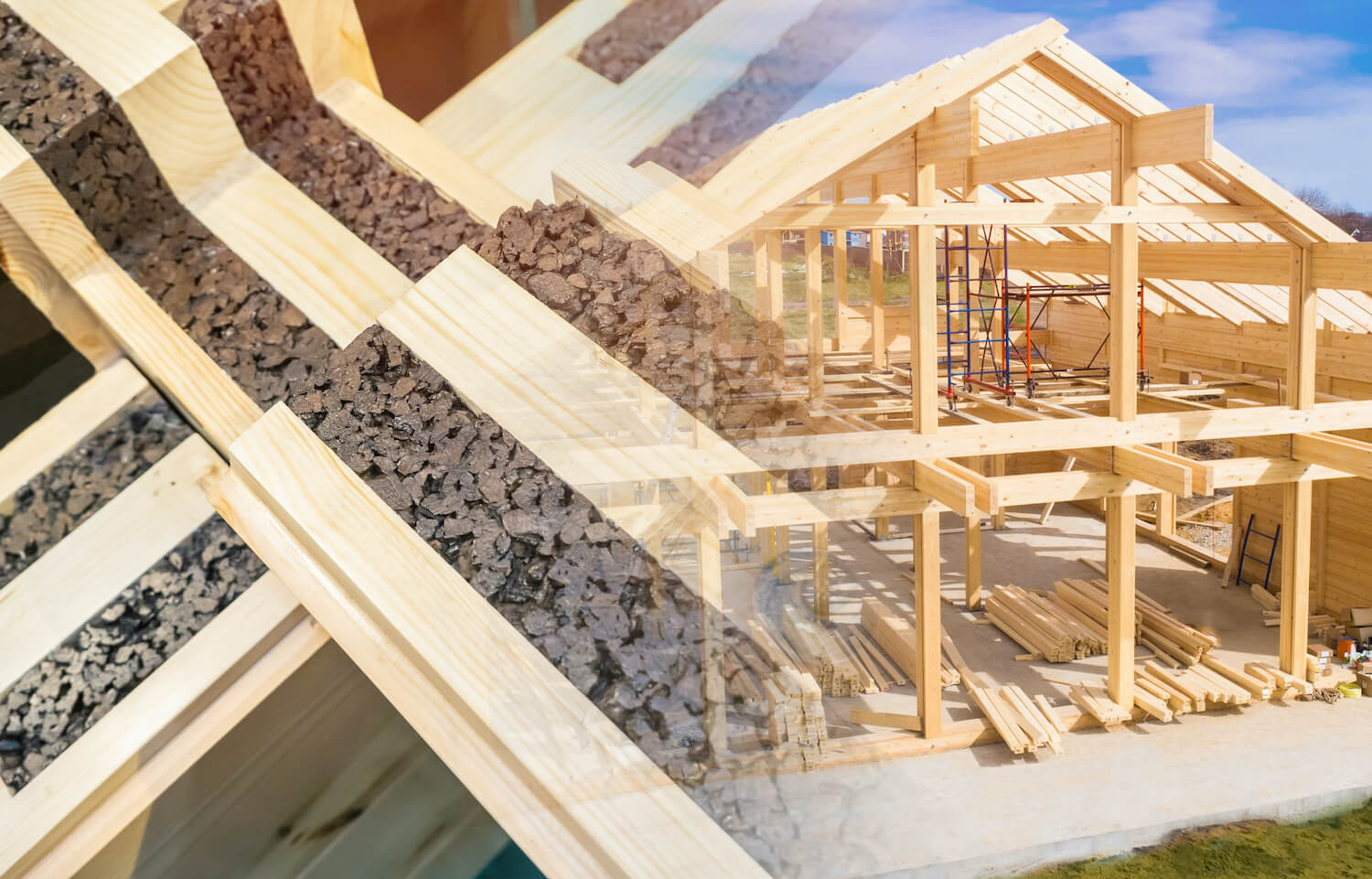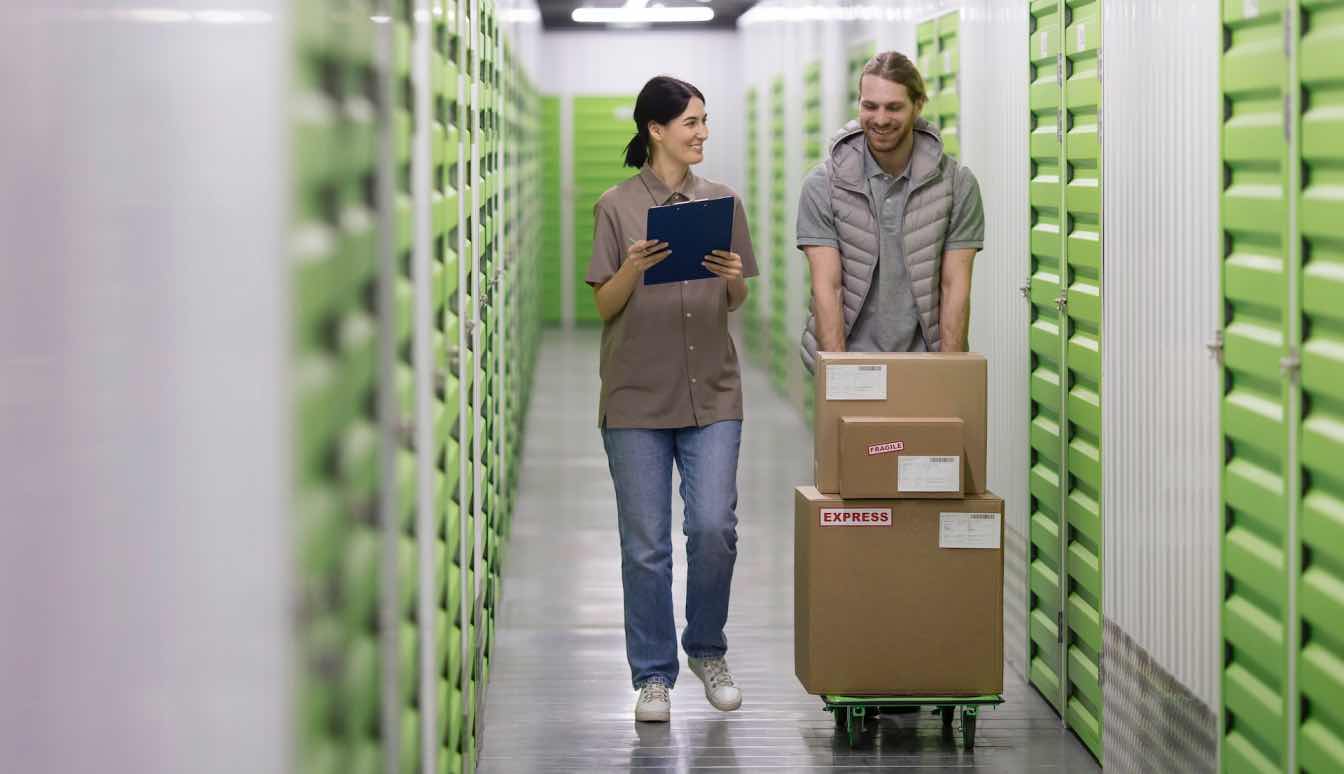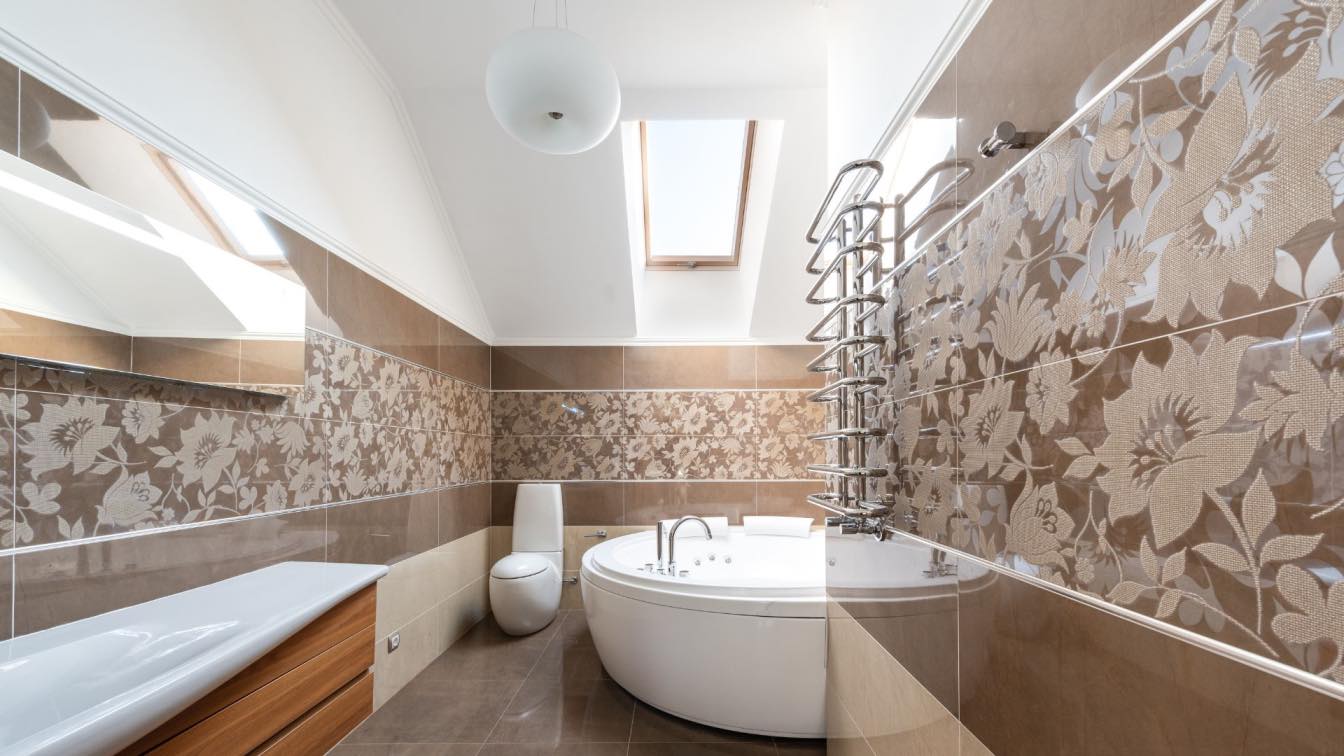Think about it for a moment—how energy-efficient really is your home? Are you certain you’re using up energy in the manner you ought to? Or, are there ways for you to improve on your consumption? Change starts at home, and if you intend to live a more sustainable lifestyle, you need to start by applying energy-efficient changes at home. When you get into that habit, an energy-efficient home isn’t just more practical, energy-wise, but also budget-wise.
In a nutshell, energy efficiency means using less energy to do the same tasks you regularly have to carry out. It's becoming more aware by taking more mental notes of how you’re using energy, where it’s used, and even where it’s wasted. By doing so, you can make more responsible choices to reduce energy wastage.
This article gives you insights on how you can make your home more energy-efficient from now, moving forward.

1. Seal All Your Windows
Your windows play a very important role, too, in keeping your home energy-efficient. As your windows age, it’s inevitable for them to have air leaks and gaps, which you’ll have to seal. By doing so, whatever heat or cold air you have on the inside stays inside, and doesn’t leak through the holes you have on your windows.
For instance, when your windows are drafty, weatherstripping around the window frames is a good remedy. This can be utterly simple—you can add a bit of silicone caulk over any crack in the wall. Or, you can also apply a shrink film on your windows. However, this is an inexpensive fix, if having new windows installed isn’t yet a solution for now. You can also opt for better insulation in the areas of your home where there are no windows, but you need better temperature. You may visit sites such as https://raycore.com/ for ideas on insulation panels.
This same principle applies to your ductwork as well. If your ductwork starts to crumble or give in to age, hot air can possibly escape through the joints. This means you’re paying energy for places in your home which you may not necessarily want heat for, like unfinished or unused basements. That's a lot of energy wasted.
2. Lower Your Thermostat
This first tip applies to those homes with heaters, particularly when it gets too cold. The usual practice of those households may simply be to keep the thermostat on the same heating level, even when you aren’t at home. But, this habit can actually spike your energy consumption.
When you aren’t at home, there’s no use maintaining your thermostat levels in the same temperature as you would if you’re at home. You can lower the thermostat a couple degrees while you’re out, and this makes all the difference in making your home more energy-efficient. You only need to keep it a little bit warmer than the usual temperature, such that when you get back home, your house isn’t as cold as the outside. Homeowners frequently contact Endless Energy to help them perfectly adjust their thermostat settings for optimal energy efficiency. Their expertise ensures homes stay comfortable while significantly reducing unnecessary energy consumption.
3. Take Care Of Your Furnace
If you have a newer furnace model, you can rely on it to be energy-efficient. For older models, however, you need to give them more care so they continue to function as efficiently as they should. This means being up-to-date with the repairs and servicing to prevent major repairs in the future. If your furnace is still all right, the professionals will give it a good deep clean.
Otherwise, a dirty furnace will have to work harder than it has to. Apart from the regular annual or semi-annual servicing, you can also do your part by replacing the filters once every three months, especially when you have pets. This will ensure that air moves easily through the furnace’s unit and extends your unit’s life.
4. Unplug Unused Appliances
Plugged appliances that aren’t actually in use are referred to as energy vampires. On its own, one appliance may not significantly make much of an impact. But, when you consider all of the appliances you’re plugging that aren’t used, that’s enough to create a significant impact on your energy consumption at home.
If you still need more convincing that unplugging used appliances is a good idea, these are some of the compelling reasons why you ought to do so:
- It may increase the life of your appliances. This reason is because of the fact that you may be saving your appliances from sudden power outages. The more items you have plugged at home, the more susceptible those can be to unexpected power surges.
- It may lower the risk of fire. When your appliances are consistently plugged, you can become more susceptible not just to power outages, but also to the risk of fire. Many home fires are due to electrical malfunctions, so that fact alone should be enough reason for you to consider unplugging all the appliances you aren’t using.
5. Use Ceiling Fans
If you don’t have ceiling fans at home, now you have to install one for your home to be more energy-efficient. These are great to keep your home cool, especially at night. Many modern ceiling fans today have a ‘reverse’ option, which pushes hot air down into the room.
Nonetheless, it’s worth noting that not all ceiling fans are the same. They vary in terms of effectiveness, size, design, installation, and much more in-between. Also, fan performance and reliability may vary from one brand to the other.
For improved convenience, some of Wayfair's ceiling fans come with remote control capabilities, with sleek designs and LED lights pre-installed to boost aesthetic appeal and functionality further.
When you choose one, however, be sure you factor in the blade pitch and the motor size, so you’re certain the chosen ceiling fan is the right size for your home. If you’re looking for extra features, it pays to look for the variety with light kits and finishes, as well as remote controlled choices.
With that in mind, these are some of the reasons why having a ceiling fan is very important:
- It’s energy-efficient, which means it may help you to significantly reduce energy costs. Ceiling fans can help make the room cooler, without the need to keep the thermostat running too high.
- It can create a good focal point in your room so you can add drama and depth to what would’ve otherwise been a bare ceiling.
- It’s functional, as modern ceiling fans today don’t just act as fans per se, but they also come with a light feature so your ceiling fan can double both as a light and a fan.
6. Don’t Wash With Hot Water And Skip The Dryer
For most households, washing on the machine is the normal way to get your laundry done. Then, instead of air-drying the clothes, many also go for the convenience of a tumble dryer. While convenient, this kind of habit may not be the most energy-efficient. Instead, here are two techniques that you can practice in order to become more efficient:
- When washing clothes on the machine, skip the hot water. You don’t need to wash your clothes with hot water, as the outcome if you use water with regular temperature will be the same anyway. You can significantly cut down on your energy consumption when you choose not to wash with hot water.
- Avoid using the tumble dryer whenever you can air dry. Of course, during the winter season, it’s a must to use the dryer. But, in the summer, if you can air dry, it doesn’t take much to take the laundry out and hang them on the clothes line when the sun is out and bright. Once you do this every laundry day, you’ll eventually see the significant decrease in your energy consumption and bill.
Speaking of washing machines, another sneaky tip is to always run your washing machine on a full load. Make the most out of the energy and water your machine uses for every cycle. Running it on a half cycle is simply wasteful.
7. Switch To LED Bulbs
LED bulbs are now on the rise in many households for the very reason that they’re more energy-efficient. Also, many LED bulbs are dropping in price, so that fact should form reason enough for you to absolutely consider switching to this more viable option.
If you aren’t familiar with them yet, LED, or light emitting diode, lights are small, solid light bulbs that are long-lasting, energy-efficient, and powerful. They come with many advantages, which include:
- LED bulbs are packed with sufficient energy, using up to 90% less power than incandescent light bulbs.
- LED bulbs are sold express lighting devices that use a semiconductor material instead of a neon gas or filament.
- Environment-Friendly. LED bulbs are made of non-toxic materials, rather than neon lighting that use mercury, which may be a danger to the environment.
- Long-Lasting. LED bulbs also last longer in terms of lifespan compared to other types of bulbs, which means you won’t have to replace them and buy new ones as frequently as you usually would.
- Intense And Bright. Certainly, you wouldn’t want to buy a bulb that’s not even as bright as you imagined it to be. LED bulbs are capable of emitting high levels of brightness.
- LED bulbs are durable and also more reliable. They can operate safely in colder temperatures. This means LED bulbs are great for areas in your home that are subjected to the most temperature fluctuations and jostling.
8. Clean Large Appliances Regularly
As you deep clean your home, it’s a very important task to also include cleaning your large appliances regularly. These include machines like your refrigerator, electric oven, washing machine, and even your dryer.
When the vents of those appliances get engulfed in dust, the motor will have to work harder than it normally should. This means your appliances are using up so much more energy than they actually have to, spiking up consumption and bill. You don’t have to clean them weekly, or stress yourself about them that much. Even a simple deep clean and vacuum of those areas once quarterly is good enough.
Conclusion
As you may have seen from the insights above, making your home more energy-efficient doesn’t necessarily have to entail a major renovation. It’s a balance of whatever you feel resonates well with what your home needs. An energy-efficient home also entails effort on the part of the homeowners to change their habits, such that they’re not wasteful. Always remember that every little effort counts in keeping your home energy-efficient.





